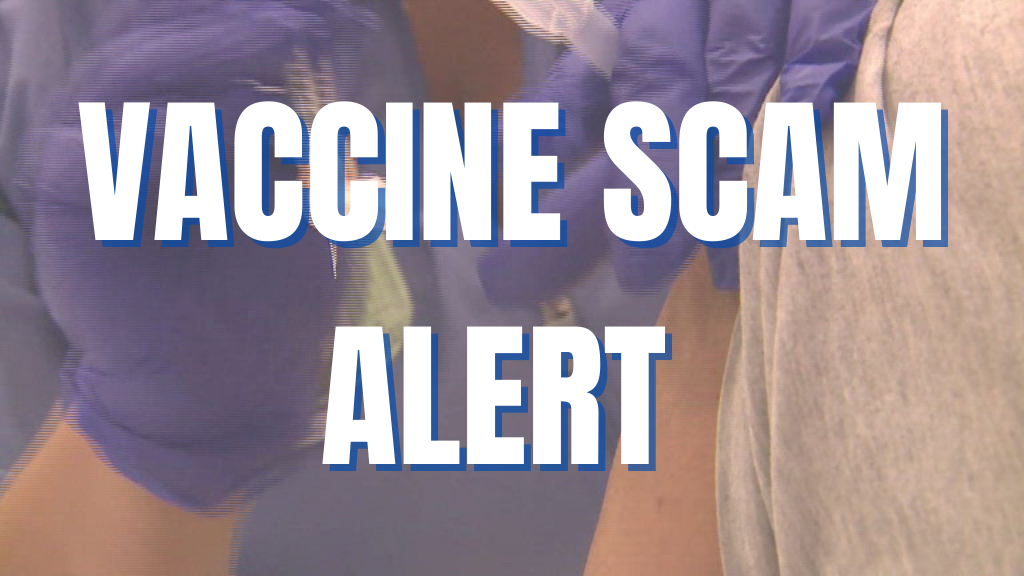- 2025 Cyber Security Predictions: Navigating the Ever-Evolving Threat Landscape
- Not Just Another List of Top 10 Metrics You Should Measure
- My new favorite headphones for swimming come bundled in a unique charging accessory
- Why I recommend this Windows laptop to creatives and professionals - even if it's meant for gamers
- This HP laptop may be the closest thing to a MacBook Pro for Windows users - and I don't mind it
Consumer advocates warn of coronavirus vaccine scams – KYMA

Con artists targeting those in search of shots – NBC’s Liz McLaughlin has details
(NBC News) – Con artists are trying to cash in on the coronavirus pandemic! The surge is cases may be behind us, but the surge in scams goes on. In fact, they’re on the rise since the vaccine rollout.
“I just got my first shot today.”
For many Americans, a COVID-19 vaccine is a ray of hope for the return of normalcy.
“Did it hurt?”
“Not at all.
But the urgent search for a shot can make some consumers trigger-happy on vaccine-related phishing traps set by scammers – often in a text with a malicious link.
“The general goal of these scams is to get your personal information or to get money from you” says Michelle Seagull with the Connecticut Department of Consumer Protection.
Officials stress you should never have to pay for a shot, or for a place in line.
“We want to remind everyone that this is a safe, free vaccine.” says Patrick McCormack, the a Connecticut health official.
Still, some Americans are hesitant…
“I don’t want to be nobody’s guinea pig.”
That opens another avenue for con artists. As discussions begin around requiring proof of vaccine for access to concerts, conferences, and even some countries, fake vaccine cards and passports are starting to pop up for sale online.
“Passports seem to go for a couple of $100 and when you’re again talking about what is a paper artifact, it actually is fairly easy to fake those things.” explains Ryan Kalember, a cybersecurity strategist.
Without a federal system to authenticate the CDC’s vaccination cards, the fakes are hard to spot. Now, the Department of Health and Human Services and the FBI are investigating the growing trend.
“What you’re doing is exposing other people and you should care about other people, not just yourself and your needs.” said Diane Coghlan from Los Angeles.
Officials hope the accelerating pace of vaccine distribution will slow the pace of related scams.
Scientists estimate 70% of the American population will need to get their coronavirus shots before the country can achieve herd immunity.

